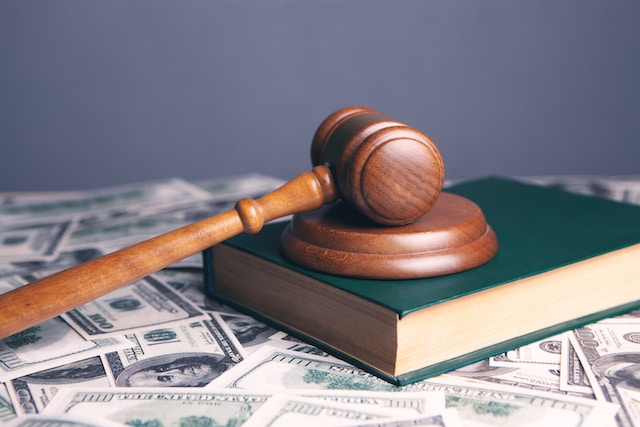Journalist’s Guide to Legal Boundaries
As a journalist, understanding the legal boundaries that govern your profession is crucial. While the world of journalism is constantly evolving, it is essential to stay informed about the legal rights and responsibilities that come with the territory. In this comprehensive guide, we will explore the key legal considerations that journalists should be aware of, including defamation, privacy, copyright, and more. By familiarizing yourself with these legal principles, you can navigate the complex landscape of journalism with confidence and professionalism.
Defamation
Defamation is one of the most important legal concepts for journalists to understand. It refers to the act of making false statements about an individual or organization that harm their reputation. As a journalist, it is crucial to verify the accuracy of your information before publishing to avoid potential defamation claims. Additionally, understanding the difference between defamation and fair comment or criticism is essential to avoid legal trouble.
Privacy
Respecting an individual’s right to privacy is a key ethical principle in journalism. However, the boundaries of privacy can be complex, and it’s important to strike the right balance between public interest and personal privacy. Familiarize yourself with privacy laws in your jurisdiction and be cautious when publishing private information, especially concerning individuals who are not public figures.
Copyright
Copyright laws protect creative works such as articles, photographs, videos, and audio recordings. As a journalist, respecting copyright laws and obtaining proper permissions or licenses when using copyrighted material is crucial. Familiarize yourself with the concept of fair use, which allows limited use of copyrighted material for purposes such as criticism, commentary, or news reporting.
Freedom of Information
Access to information is vital for journalists, and many countries have laws that protect the public’s right to access government records and information. Familiarize yourself with the freedom of information laws in your jurisdiction, as they can provide valuable resources for investigative reporting. Additionally, understanding the limitations and exemptions to these laws is crucial for responsible journalism.
Shield Laws and Source Protection
Shield laws vary by jurisdiction but protect journalists from being compelled to disclose their sources. These laws are designed to encourage whistleblowers and protect the confidentiality of sources who provide valuable information. Familiarize yourself with the shield laws in your jurisdiction and understand the circumstances under which you may be required to reveal your sources.
Online Journalism and Digital Media
The rise of online journalism and digital media has brought about new legal challenges for journalists. Issues such as online defamation, copyright infringement, and privacy concerns are amplified in the digital realm. Familiarize yourself with the laws and regulations specific to online journalism, including those related to social media, digital content creation, and online publishing.
Ethical Considerations
While not strictly legal boundaries, ethical considerations are an integral part of responsible journalism. Journalistic ethics guide the profession and help maintain public trust. Familiarize yourself with the ethical guidelines set forth by professional journalism organizations, such as the Society of Professional Journalists (SPJ) or the Online News Association (ONA).
Conclusion
Understanding the legal boundaries that govern journalism is essential for any aspiring journalist. By familiarizing yourself with defamation laws, privacy rights, copyright regulations, freedom of information laws, and ethical considerations, you can navigate the complex world of journalism with confidence and integrity. Remember, staying informed and seeking legal advice when necessary is crucial to ensure that your reporting is accurate, fair, and within the bounds of the law.
Key Takeaways:
- Verify information before publishing to avoid potential defamation claims and understand the difference between defamation and fair comments or criticism.
- Strike a balance between public interest and personal privacy, being cautious when publishing private information.
- Respect copyright laws, obtain permissions or licenses when using copyrighted material, and familiarize yourself with fair use guidelines.
- Understand the freedom of information laws in your jurisdiction to access valuable resources for investigative reporting.
- Familiarize yourself with shield laws that protect journalists from disclosing sources and understand when you may be required to reveal sources.
- Be aware of the legal challenges specific to online journalism, such as online defamation, copyright infringement, and privacy concerns.
- Follow ethical guidelines set forth by professional journalism organizations to maintain public trust.
To further enhance your knowledge and skills in modern journalism, consider enrolling in the “NYU | Modern Journalism” online course and certificate program offered by Yellowbrick. This program provides comprehensive training in various aspects of journalism, including legal boundaries, and can equip you with the tools necessary for a successful career in the field.








